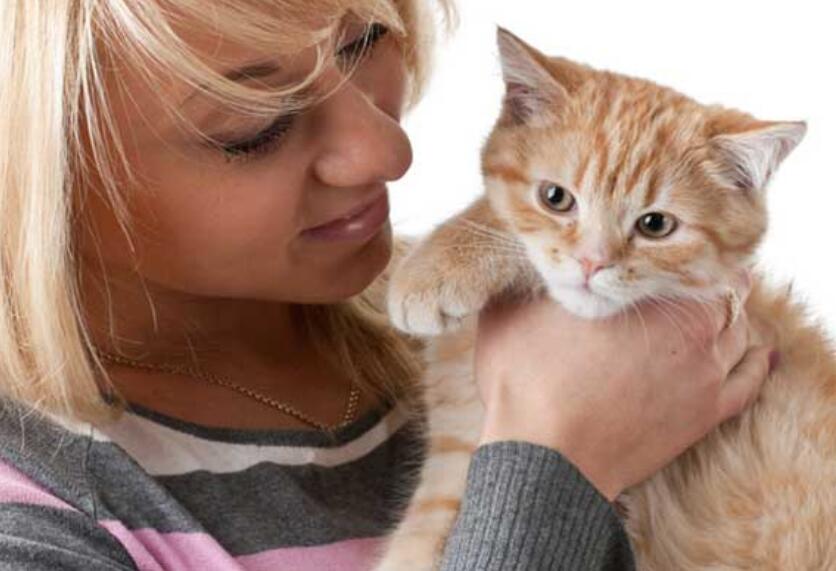 1. Prevention, not elimination
1. Prevention, not elimination
You may find that some “home remedies” work well for the first year, but become less effective over time. While these methods are safer, you may find that they are more effective at preventing flea problems than killing or eliminating an existing flea infestation. Also, no one method is 100% effective, so it is necessary to combine several different methods to reduce the infection in your home and on your cat.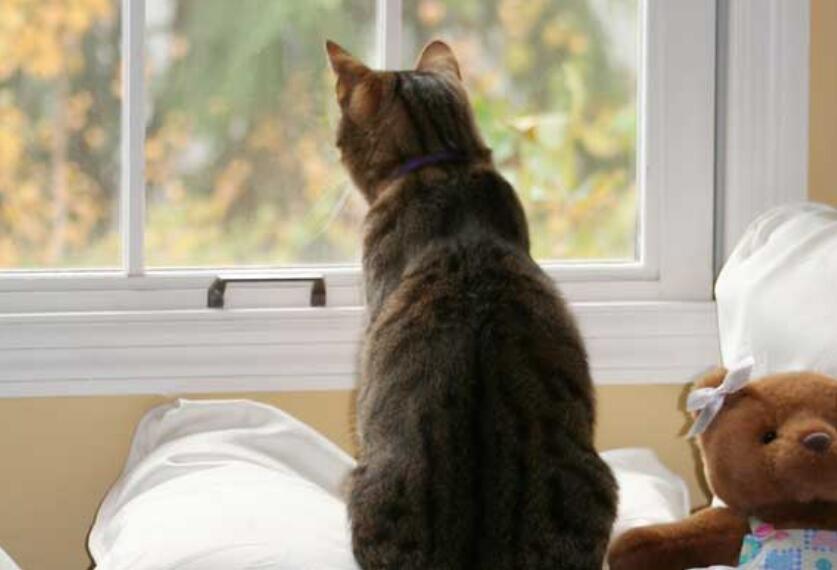
2. Limit outdoor exposure
If your cat spends a lot of time outdoors, it may be difficult for you to control fleas naturally, as they may be in the yard (or where your cat frequents) and in your home. Be aware that not every flea control method will work for every situation. You may need to use one method in your yard, another method in your home, and another method on your cat.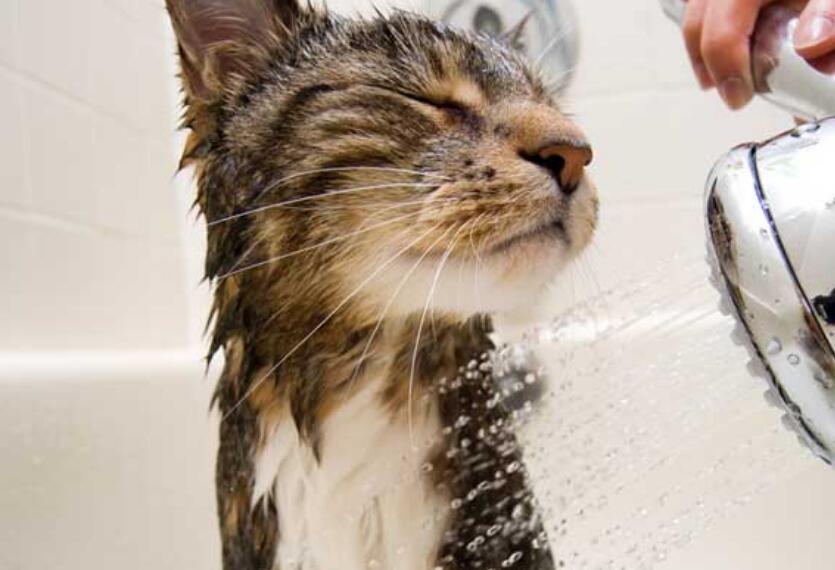
3. Foam, rinse, repeat
Your cat can benefit from a simple and thorough wash, using cold water to expel fleas from his body and hair. Following a water bath, using cedar, eucalyptus, lavender or lemon shampoo may help prevent fleas – they are all known to repel fleas. Adding extra -3 fatty acids to your cat’s diet will also improve skin health. This is especially helpful in preventing dry skin when you use a regular shampoo shampoo to remove fleas from the hair.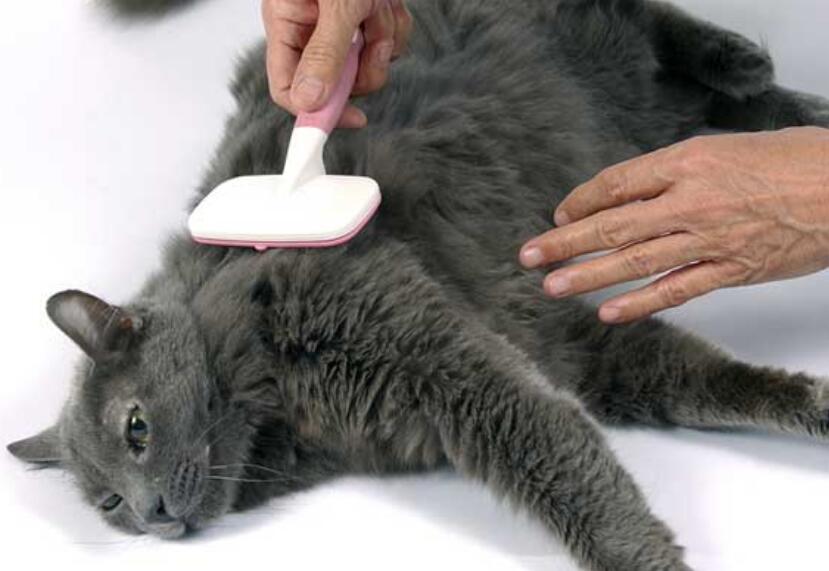
4. pick it out
If your cat hates water, try using a flea comb. You need to make sure the comb is close to the skin, but you need to work slowly because the comb may pull on the hair as you drag it along. When combing, focus your attention on the areas on your cat where fleas like to hide, such as the groin, armpits and the base of the tail. Also, while you are using the comb, keep a bowl of soapy water nearby so you can drown the fleas while you are cleaning them.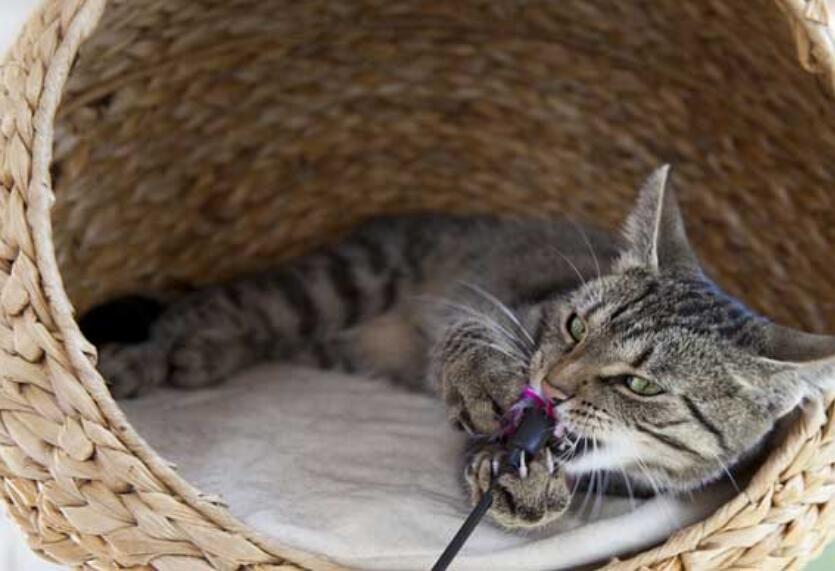
5. Don’t forget home
Adult fleas will lay eggs in your cat’s bed, deep in the carpet, and almost anywhere your cat frequents, so you can’t get rid of all fleas by simply grooming and bathing your cat. When you are battling fleas, you need to make sure to clean and treat the home and yard. For example, cedar and diatomaceous earth can be used to repel fleas from where your cat sleeps.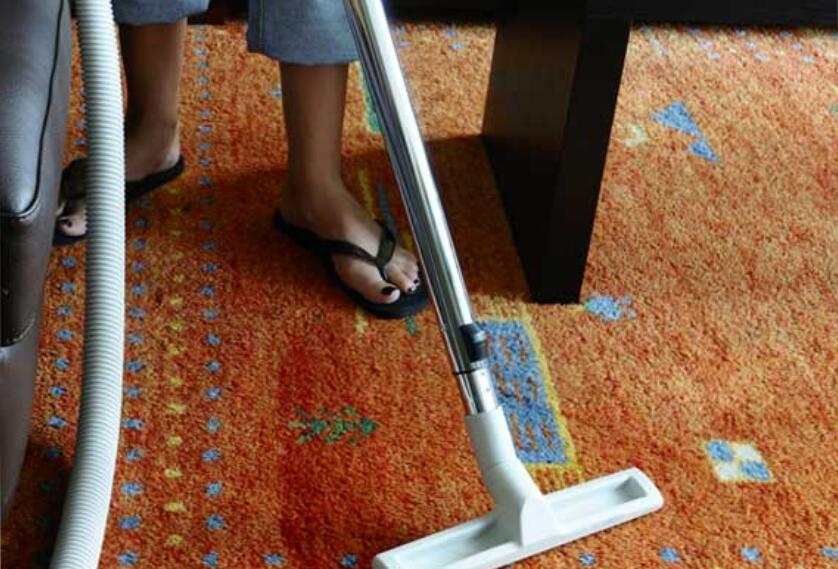
6. Clean it regularly
When dealing with fleas, you need to be very diligent about vacuuming the room inside and out, and you need to do this often enough for it to really make a difference. You may want to have your carpets professionally cleaned first to help remove some of the eggs and larvae that have been deposited, but that won’t completely eliminate the problem. You’ll need to vacuum all the surfaces of your house every few days (clean the vacuum cleaner bag at least once a week) and wash your cat’s bedding almost as often.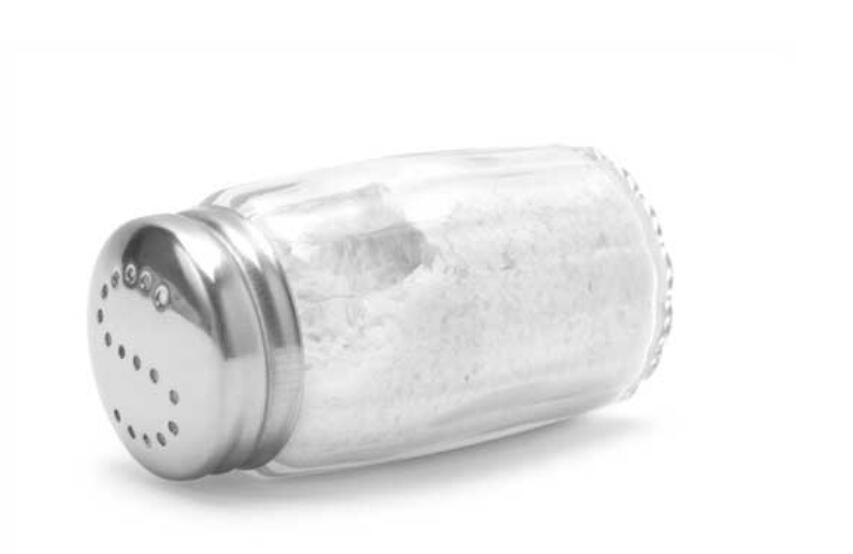
7. Use of salt
Salt can be sprinkled on carpets as a desiccant (drying agent) to kill flea eggs and larvae that are buried deep in the carpet fibers. However, salt is not a good solution for those who live in areas with high humidity (such as Florida) because it absorbs moisture and causes the carpet to become moldy. Be sure to vacuum the carpet and any treated areas afterwards to ensure that the eggs and larvae are removed and that the salt does not absorb water and cause future problems.
8. Keep the yard clean
The outside yard should also be kept away from clutter (piles of leaves, etc.) to reduce the number of places where fleas can gather. Planting herbs and plants such as lavender, eucalyptus, fennel, marigolds, etc. in your yard can help keep fleas away from your residence. Using cedar chips around your yard, especially in areas frequented by your pets, can help keep fleas away from your residence. Food grade diatomaceous earth can also be used to treat your yard without chemicals. It acts as an abrasive and desiccant, much like boric acid. Just keep in mind that you may need to reapply after a particularly heavy rain, as it can wash away. However, excessive rainfall and flooding in infected areas can also help flush away eggs and larvae.

